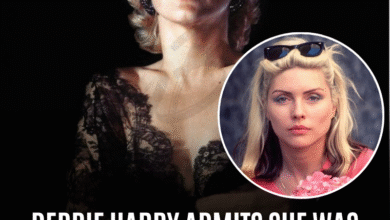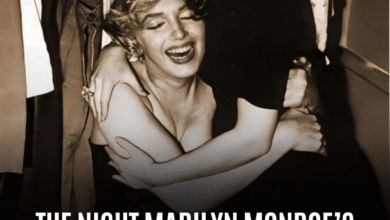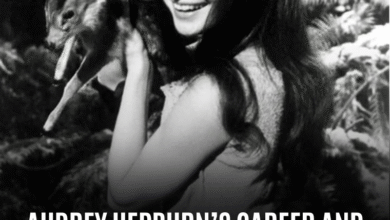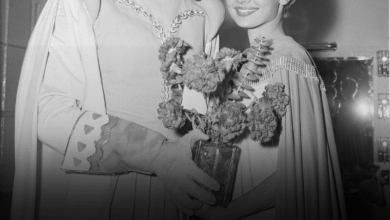Jim Carrey’s ‘Buffoonery’ Was Too Much for Tommy Lee Jones: Here’s What Happened
OPINION: This article may contain commentary which reflects the author's opinion.
For all his brilliance as one of Hollywood’s most electrifying comedic talents, Jim Carrey’s meteoric rise to fame wasn’t without a few bruised egos along the way. In an industry where strong personalities often collide, Carrey’s unstoppable energy and boundary-pushing performances proved too much for some of his more seasoned co-stars—most notably Morgan Freeman and Tommy Lee Jones.
By the mid-1990s, Carrey had exploded onto the A-list with back-to-back hits like Dumb and Dumber, Ace Ventura: Pet Detective, The Mask, and Liar Liar. His wild, irreverent style brought in box office gold, but it also created friction on set, especially as Carrey transitioned into more serious roles. His boldness didn’t always sit well with veteran actors who were used to a different rhythm.
One such clash occurred during the filming of Bruce Almighty (2003), where Carrey starred opposite the legendary Morgan Freeman. Though Carrey publicly admired Freeman, calling him “so class” and “cool,” the actor also described Freeman as “kind of scary.” Recounting their first meeting, Carrey shared that when he eagerly approached Freeman to greet him, the veteran actor icily replied, “Nice to meet you too. Now, never touch me again.” Carrey joked about Freeman’s intimidating presence, likening it to a “laser that goes right to your soul,” but also admitted that working alongside him—and witnessing Freeman rake director Tom Shadyac “over the coals”—made for an uncomfortable experience on set.
Yet if Freeman’s frostiness was subtle and wrapped in humor, Carrey’s interactions with Tommy Lee Jones during Batman Forever (1995) were far more openly hostile. During an appearance on Norm Macdonald Live, Carrey recounted a jaw-dropping encounter at a restaurant while filming the superhero movie. After spotting Jones dining nearby, Carrey approached him with a friendly greeting—only to be met with a chilling reaction.
“He got up shaking,” Carrey said. “He must have been in a mid-kill-me fantasy or something.” When Jones embraced him, it wasn’t out of camaraderie but confrontation: “I hate you. I really don’t like you,” Jones allegedly told him, face drained of color. When Carrey asked why, Jones’s response was cutting: “I cannot sanction your buffoonery.”
According to Carrey, the animosity stemmed from the shifting dynamics of stardom—he was the rising comedic force, while Jones, a serious actor, found the flamboyant, larger-than-life energy grating. Despite the tension, Carrey still praised Jones as “a phenomenal actor,” acknowledging that their comedic styles were simply worlds apart.
Hollywood is a landscape where egos, competition, and contrasting creative styles inevitably collide, and Carrey’s rocket-fueled ascent was bound to ruffle feathers. His encounters with Freeman and Jones are reminders that even the brightest stars can cast long—and sometimes uncomfortable—shadows on their way to the top.



